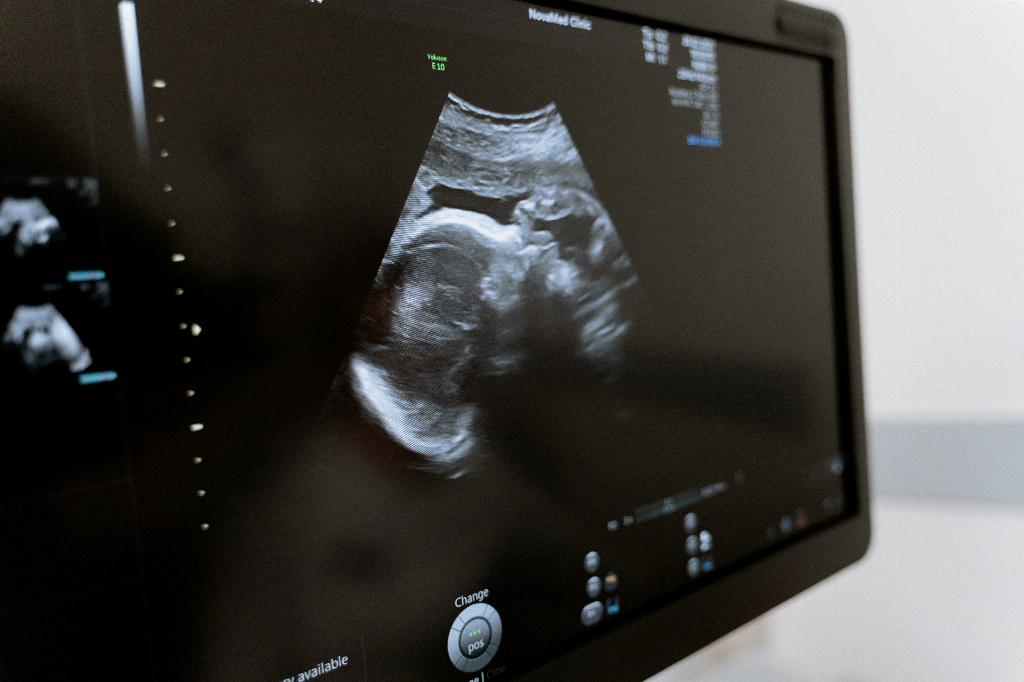Experiencing red marks on your face during pregnancy can be concerning, but it’s actually a common occurrence that many expectant individuals experience. This phenomenon is often referred to as “the mask of pregnancy” due to the way it can manifest on the skin. One of the conditions associated with these red marks is known as Pruritic Urticarial Papules and Plaques of Pregnancy (PUPPP), which manifests as pale red bumps on the skin.
Causes of Red Marks on the Face During Pregnancy
There are several factors that can contribute to the appearance of red marks on the face during pregnancy. Hormonal changes are one of the primary culprits, as the body goes through significant shifts in hormone levels during pregnancy. These hormonal fluctuations can lead to increased blood flow to the skin, which may result in redness and discoloration.
Effects of PUPPP on the Skin
PUPPP can cause a range of symptoms, including itching, burning, and stinging sensations. The red bumps associated with PUPPP can be uncomfortable and may vary in size and severity. While PUPPP is typically not harmful to the mother or the baby, it can be a source of discomfort and concern for those experiencing it.
Treatment Options for Red Marks on the Face
When dealing with red marks on the face during pregnancy, it’s important to consult with a healthcare provider to determine the best course of action. Treatment options may vary depending on the underlying cause of the red marks, and your healthcare provider can provide guidance on safe and effective remedies.
Soothing Red Marks with Skincare
Practicing good skincare routines can help alleviate red marks on the face during pregnancy. Using gentle, hydrating products that are suitable for sensitive skin can help soothe irritation and reduce redness. It’s essential to avoid harsh chemicals and fragrances that may exacerbate the condition.
Managing Hormonal Changes
Since hormonal fluctuations play a significant role in the development of red marks on the face during pregnancy, managing these changes can help minimize their impact. Eating a balanced diet, staying hydrated, and getting adequate rest can all contribute to hormonal balance and overall skin health.
Seeking Medical Advice
If you are experiencing persistent or severe red marks on your face during pregnancy, it’s crucial to seek medical advice. Your healthcare provider can evaluate your symptoms, rule out any underlying conditions, and recommend appropriate treatment options to address the redness and discomfort.
Embracing Self-Care
During pregnancy, self-care is essential for maintaining your overall well-being, both physically and emotionally. Taking time for yourself, practicing relaxation techniques, and engaging in activities that bring you joy can help reduce stress levels and promote skin health.
Monitoring Skin Changes
Keeping track of any changes in your skin during pregnancy can help you identify potential issues early on. If you notice any new or concerning red marks on your face or body, it’s important to bring them to the attention of your healthcare provider for further evaluation.
Conclusion
In conclusion, experiencing red marks on the face during pregnancy is a common occurrence that can be attributed to hormonal changes and conditions like PUPPP. While these red marks can be uncomfortable and bothersome, seeking medical advice and practicing good skincare routines can help manage the symptoms and promote skin health during pregnancy.

